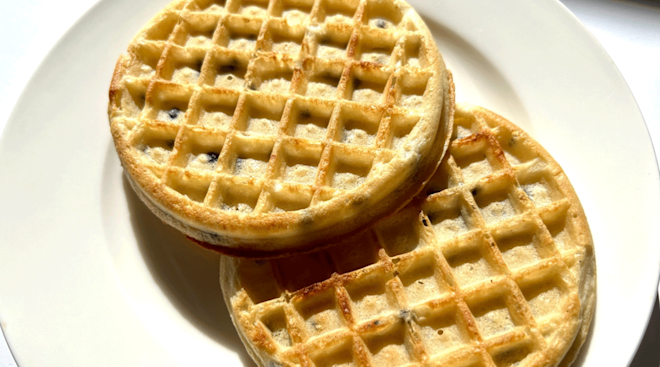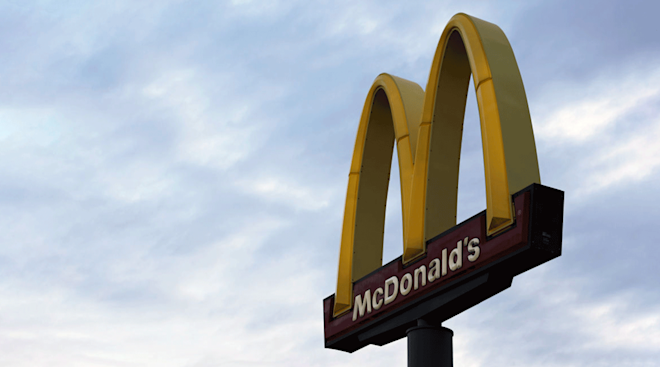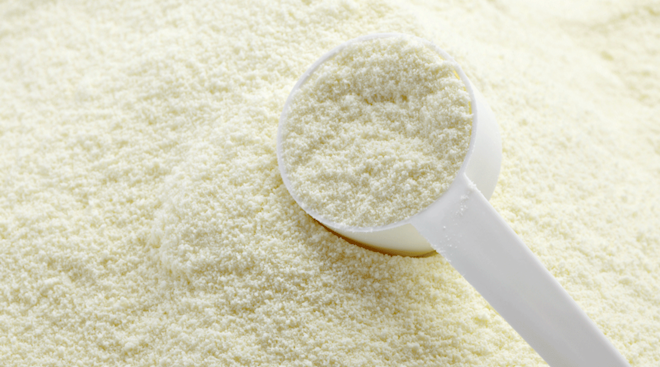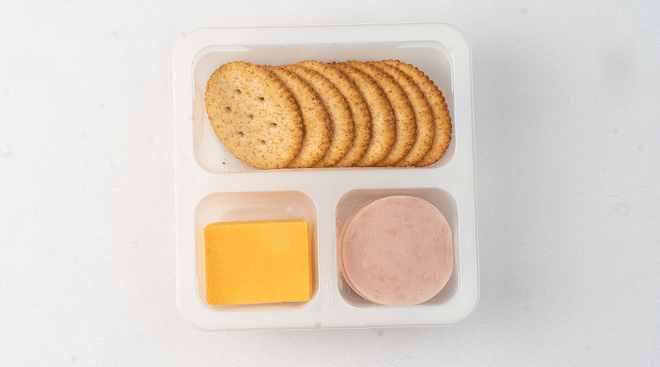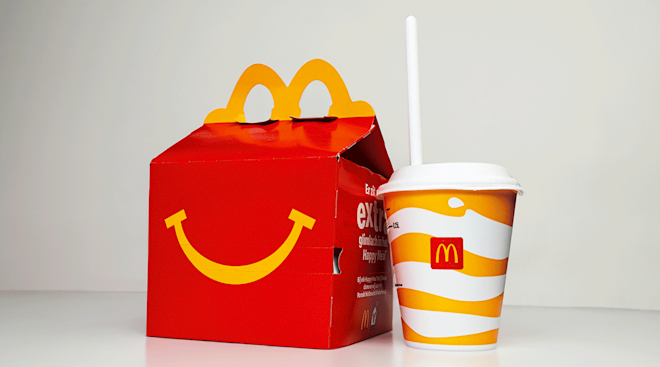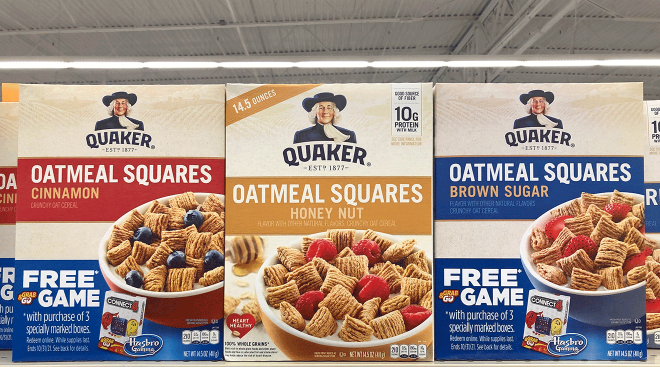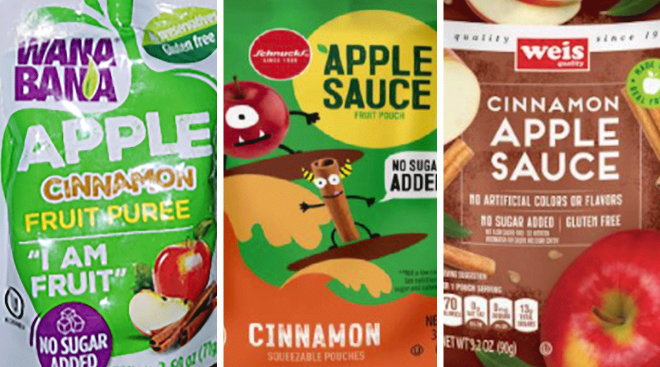Early Intro of Peanut Butter Could Cut Baby's Allergy Risk by 70%
Exciting new research suggests that introducing babies to smooth peanut butter as early as 4 months old—and continuing regularly through 5 years old—can provide a long-term reduction in allergy risk.
The research done by King’s College London was published in the scientific journal NEJM Evidence on May 28. The work builds upon previous research done at the National Institute for Health and Care Research (NHS) and published in the Journal of Allergy and Clinical Immunology last year. Because most peanut allergies develop between six and 12 months of age, the previous study had observed the greatest reduction in the development of peanut allergies happened when peanuts were introduced between four and six months. In contrast, by delaying introduction to 12 months, baby’s risk of peanut allergy was only reduced by 33 percent—especially among babies with eczema, a risk factor for allergies.
Using this information the new study found that this early introduction when carried through 5 years old can provide lasting tolerance to peanut into adolescence regardless of subsequent peanut consumption. This is significant news as food allergies have been on the rise in recent years, with an estimated 1 in 13 kids or around two students per classroom reported to have a food allergy. Among the top eight allergy offenders are peanuts, common in thousands of foods and cafeterias across the nation.
“Over several decades, the deliberate avoidance of peanut has understandably led to parental fear of early introduction,” wrote study co-author Graham Roberts in a press release discussing the previous study. “This latest evidence shows that applying simple, low-cost, safe interventions to the whole population could be an effective preventive public health strategy that would deliver vast benefits for future generations.”
The American Academy of Pediatrics (AAP) recommends introducing peanuts and other highly allergenic foods around six months of age, along with other solid foods. To prevent possible choking hazards, the AAP suggests introducing children under 4 to ground peanuts or other formulations instead of whole or broken peanuts. For high-risk infants with eczema or egg allergies, the AAP suggests the introduction of peanuts as early as four months of age under the supervision of a doctor.
It’s important to talk to your pediatrician before introducing any new foods to your baby’s diet. You can learn more about when and how to introduce peanut butter to baby here.
Please note: The Bump and the materials and information it contains are not intended to, and do not constitute, medical or other health advice or diagnosis and should not be used as such. You should always consult with a qualified physician or health professional about your specific circumstances.
Navigate forward to interact with the calendar and select a date. Press the question mark key to get the keyboard shortcuts for changing dates.






































